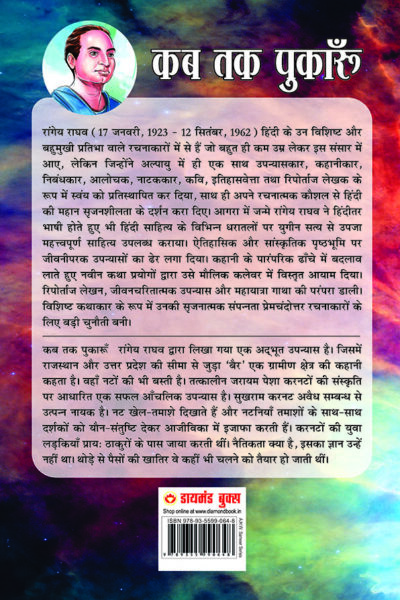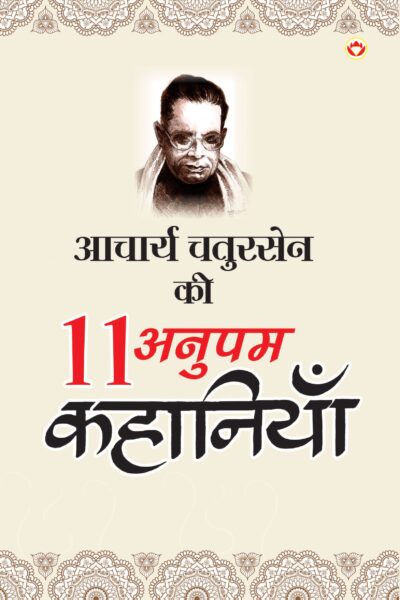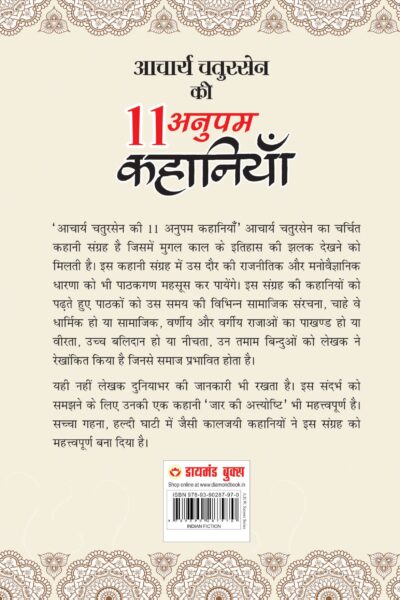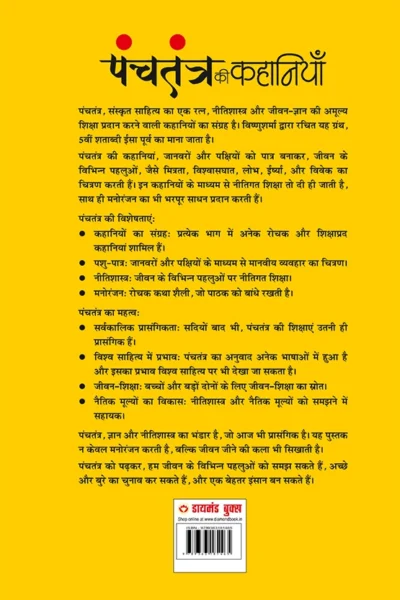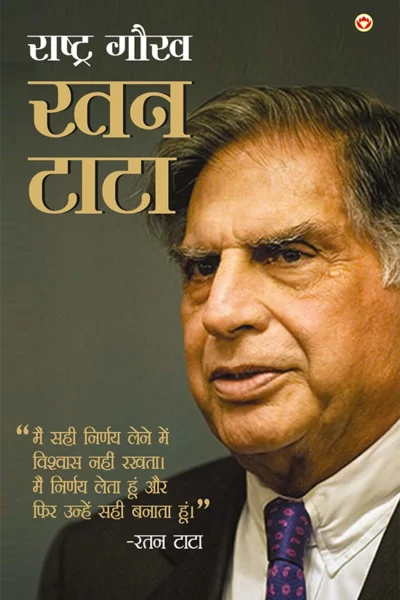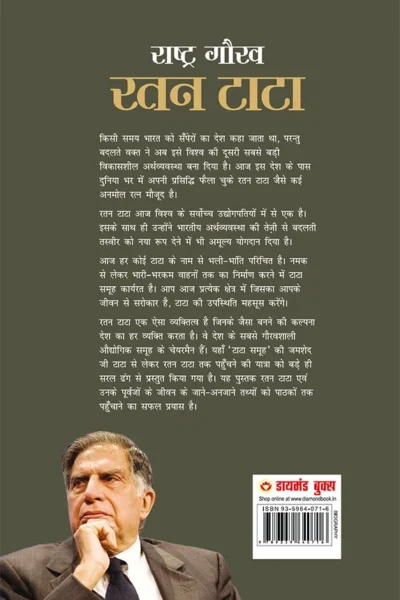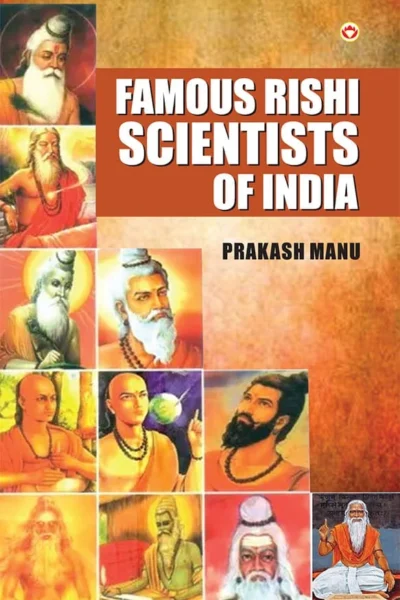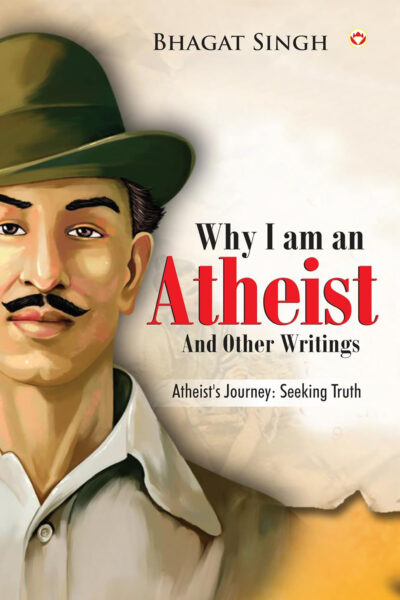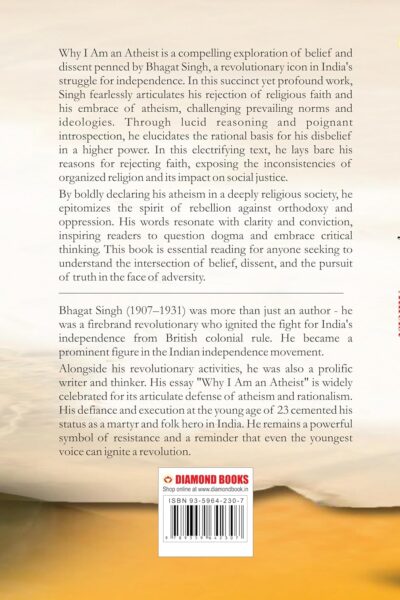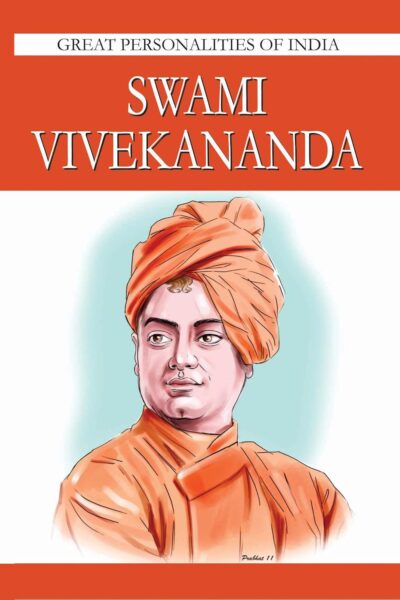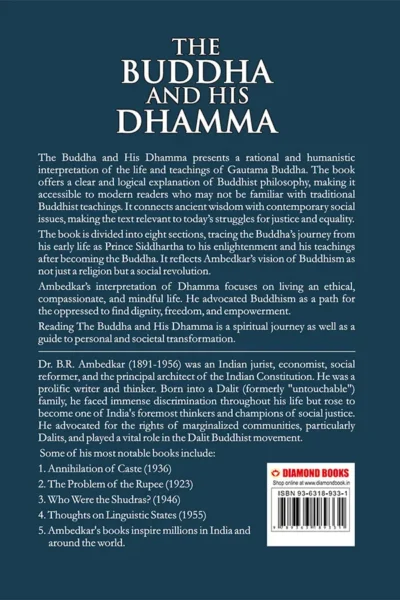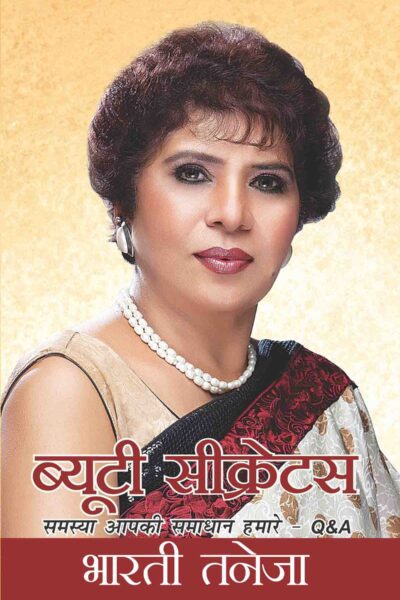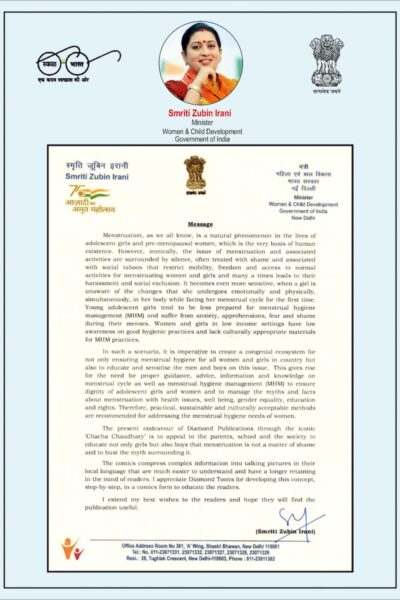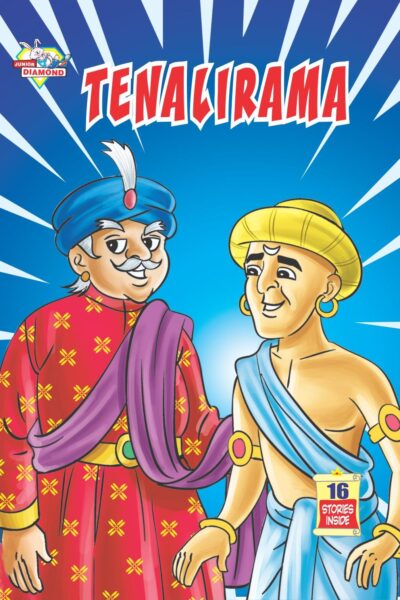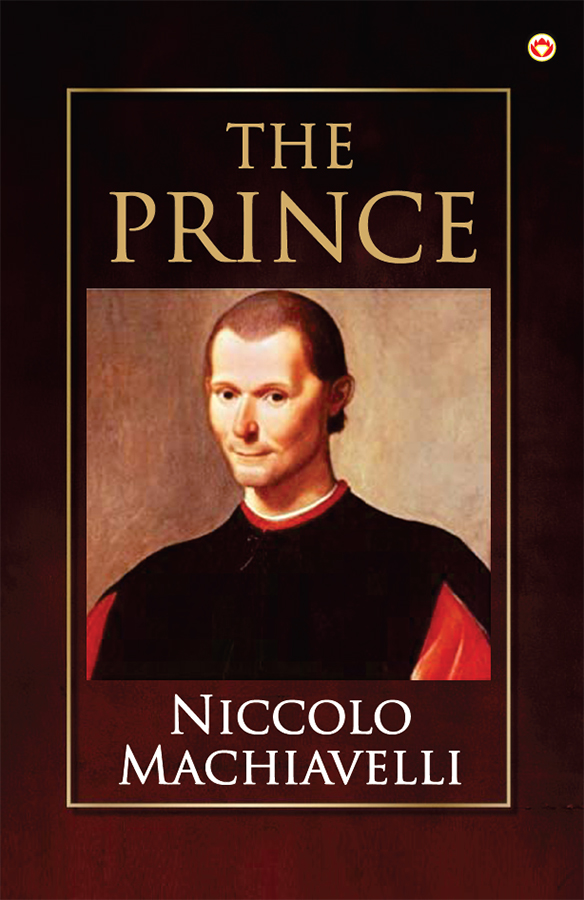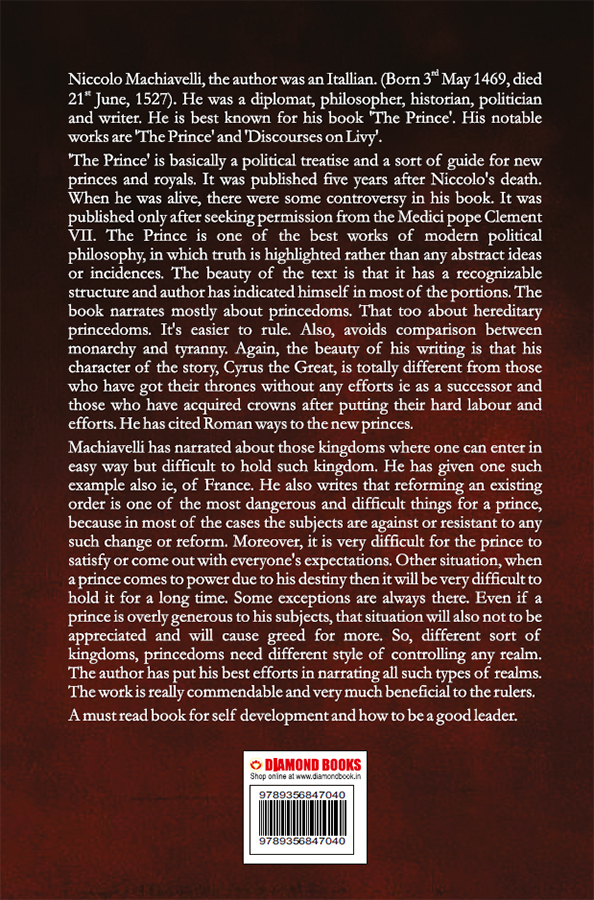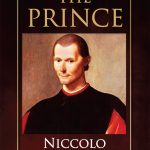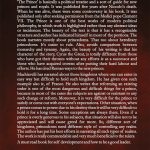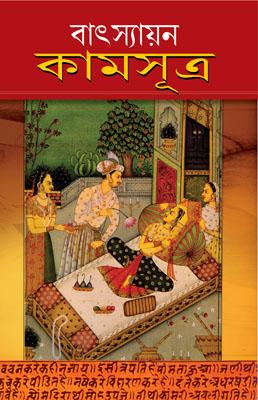- Home
-
-
- Short Stories
- Traveloc
- Novel
- Indian Classics
- Business Strategy
Shop Our top-rated business strategy books are designed for entrepreneurs and business leaders, offering proven strategies to elevate business success. Learn from industry experts and discover actionable insights to drive growth and profitability. Buy now and master the skills that set top businesses apart.
- Corporate History
Discover a comprehensive collection of corporate history books that detail the rise and success of major companies and their visionary leaders. Explore how these influential figures and their groundbreaking strategies have shaped industries and transformed the global business landscape.
- Economics
Discover the best economic and market books in India at Diamond Book Store. Our collection features essential reads on domestic and global market theories, offering in-depth analyses and key insights into economic trends. Enhance your understanding of financial markets, investment strategies, and economic principles with our expertly curated selection. Visit us to grow your knowledge and stay ahead in the world of finance.
- Romance / Fantasy
Discover captivating romance and fantasy books at Diamond Books. From enchanting love stories to magical adventures, these books offer readers a perfect blend of passion and imagination. Ideal for those who love romantic and fantastical narratives.
- Finance
Buy top finance and money management books at Diamond Book Store. Enhance your money-saving skills with expert strategies and key insights. Explore our curated selection to discover effective saving techniques and financial wisdom. Shop now to gain valuable knowledge, make informed decisions, and secure a prosperous financial future.
- Network Marketing
Network Marketing is a business model that leverages personal networks to promote products and services. It empowers individuals to build their own sales team, earning commissions not only from their own sales but also from the sales made by their team members. This model encourages entrepreneurship, collaboration, and exponential growth
- See More
- Short Stories
-
Books, Bookazine, Fiction, Magazines
₹30.00Original price was: ₹30.00.₹29.00Current price is: ₹29.00. Add to cart
-
-
Diamond Books, Books, Fiction, Indian Classics
₹450.00Original price was: ₹450.00.₹449.00Current price is: ₹449.00. Add to cart
-
-
Diamond Books, Fiction, Language & Literature, Short Stories
₹175.00Original price was: ₹175.00.₹174.00Current price is: ₹174.00. Add to cart
-
-
₹1,100.00 – ₹18,000.00 Select options This product has multiple variants. The options may be chosen on the product page
-
-
-
-
- Autobiography
Explore our extensive collection of autobiographies and Memories, showcasing the personal stories, challenges, and triumphs of influential figures from all walks of life. These powerful narratives provide an intimate glimpse into the lives and legacies of remarkable individuals. Discover their inspiring journeys and find your next great read—visit us now!
- Religious
Our collection of religious books is designed to deepen faith, enhance wisdom, and elevate spirituality. It includes timeless classics and contemporary works, offering insightful guidance and teachings to develop a closer relationship with God and understanding of spiritual journey. Shop now for transformative faith and knowledge.
- Internet
Computing and the internet are rapidly evolving fields that shape our daily lives and future innovations. This guide offers a comprehensive look at the latest trends, technologies, and best practices in the digital realm. Whether you’re interested in cutting-edge computing advancements or the latest developments on the internet, this resource provides valuable insights to help you stay informed and make the most of the digital world
- Family Health
Explore Diamond Books’ family health collection. Featuring comprehensive guides on wellness and practical nutrition tips, these books provide essential advice for keeping your family healthy and thriving.
- History & Politics
Discover the wonders of India, a land of rich history, vibrant culture, and stunning landscapes. Explore famous landmarks, delve into the diverse traditions, and experience the beauty of India’s heritage. Whether you’re seeking historical insights or planning a trip, India offers endless possibilities for discovery and adventure
- Hinduism
Dive into Hinduism with comprehensive resources that cover key beliefs, rituals, and cultural practices. Explore the spiritual and philosophical dimensions of Hinduism, including its rich traditions and sacred texts, to gain a deeper understanding of this ancient religion. Ideal for those seeking to learn about the diverse aspects of Hindu culture and spirituality.
- Scientist & Inventors
Explore the diamond book store for the best Scientist & Inventors Books Collection” includes biographies, autobiographies, and detailed accounts of the lives and works of iconic figures like Albert Einstein, Nikola Tesla, Marie Curie, Thomas Edison, and many more. Each book delves deep into the minds of these geniuses, offering insights into their thought processes, challenges, and the impact of their discoveries on the modern world.
- Occult and Vastu
Unlock the secrets of the occult and Vastu Shastra with our curated books. Explore spiritual wisdom, mystical arts, and harmonious living guides.
- Ayurveda
Discover the essence of Ayurveda with our collection of books at Diamond Books. Featuring ancient practices and modern applications, these books offer comprehensive guidance on achieving balance and wellness through Ayurvedic principles.
- See More
- Autobiography
-
Fiction Books, Autobiography & Memories, Biography
₹250.00Original price was: ₹250.00.₹249.00Current price is: ₹249.00. Add to cart
-
-
- Blog
- Publish With Us
The Prince
₹250.00
- About the Book
- Book Details
Niccolo Machiavelli, the author, was an Italian. (Born 3rd may 1469, died 21st June, 1527). he was a diplomat, philosopher, historian, politician and writer. He is best known for his book The Prince. His notable works are The Prince and Discourses on Livy.
The prince is basically a political treatise and a sort of guide for new princes and royals. It was published five years after niccolos death. When he was alive, there was some controversy in his book. It was published only after seeking permission from the Medici Pope Clement VII. The prince is one of the best works of modern political philosophy, in which truth is highlighted rather than any abstract ideas or incidents. The beauty of the text is that it has a recognizable structure and the author has indicated himself in most of the portions. The book narrates mostly about princedoms. That too about hereditary princedoms. its easier to rule. Also, avoids comparison between monarchy and tyranny. Again, the beauty of his writing is that his character of the story, Cyrus the great, is totally different from those who have got their Thrones without any efforts IE as a successor and those who have acquired Crowns after putting their hard labour and efforts. He has cited Roman ways to the new princes.
Machiavelli has narrated about those kingdoms where one can enter in an easy way but difficult to hold such a kingdom. He has given one such example also IE, of France. He also writes that reforming an existing order is one of the most dangerous and difficult things for a prince, because in most of the cases the subjects are against or resistant to any such change or reform. Moreover, it is very difficult for the prince to satisfy or come out with everyone expectations. Other situations, when a prince comes to power due to his destiny then it will be very difficult to hold it for a long time. Some exceptions are always there. even if a prince is overly generous to his subjects, that situation will also not be appreciated and will cause greed for more. So, different sorts of kingdoms, princedoms need different styles of controlling any realm. The author has put his best efforts in narrating all such types of realms. The work is really commendable and very much beneficial to the rulers. a must read book for self development and how to be a good leader.
About the Author
From the 13th century onward, Machiavellis family was wealthy and prominent, holding on occasion Florences most important offices. His father, Bernardo, a doctor of laws, was nevertheless among the familys poorest members. Barred from public office in Florence as an insolvent debtor, Bernardo lived frugally, administering his small landed property near the city and supplementing his meagre income from it with earnings from the restricted and almost clandestine exercise of his profession.
Bernardo kept a library in which Niccolò must have read, but little is known of Niccolòs education and early life in Florence, at that time a thriving centre of philosophy and a brilliant showcase of the arts. He attended lectures by Marcello Virgilio Adriani, who chaired the Studio Fiorentino. He learned Latin well and probably knew some Greek, and he seems to have acquired the typical humanist education that was expected of officials of the Florentine Chancery.
In a letter to a friend in 1498, Machiavelli writes of listening to the sermons of Girolamo Savonarola (145298), a Dominican friar who moved to Florence in 1482 and in the 1490s attracted a party of popular supporters with his thinly veiled accusations against the government, the clergy, and the pope. Although Savonarola, who effectively ruled Florence for several years after 1494, was featured in The Prince (1513) as an example of an unarmed prophet who must fail, Machiavelli was impressed with his learning and rhetorical skill. On May 24, 1498, Savonarola was hanged as a heretic and his body burned in the public square. Several days later, emerging from obscurity at the age of 29, Machiavelli became head of the second chancery (cancelleria), a post that placed him in charge of the republics foreign affairs in subject territories. How so young a man could be entrusted with so high an office remains a mystery, particularly because Machiavelli apparently never served an apprenticeship in the chancery. He held the post until 1512, having gained the confidence of Piero Soderini (14521522), the gonfalonier (chief magistrate) for life in Florence from 1502.
Additional information
| Author | Niccolo Machiavelli |
|---|---|
| ISBN | 9789356847040 |
| Pages | 208 |
| Format | Paperback |
| Language | English |
| Publisher | Diamond Toons |
| Amazon | |
| Flipkart | https://www.flipkart.com/the-prince/p/itmf7gadz4cthzpe?pid=9789356847040 |
| ISBN 10 | 9356847045 |
Niccolo Machiavelli, the author, was an Italian. (Born 3rd may 1469, died 21st June, 1527). he was a diplomat, philosopher, historian, politician and writer. He is best known for his book The Prince. His notable works are The Prince and Discourses on Livy.
The prince is basically a political treatise and a sort of guide for new princes and royals. It was published five years after niccolos death. When he was alive, there was some controversy in his book. It was published only after seeking permission from the Medici Pope Clement VII. The prince is one of the best works of modern political philosophy, in which truth is highlighted rather than any abstract ideas or incidents. The beauty of the text is that it has a recognizable structure and the author has indicated himself in most of the portions. The book narrates mostly about princedoms. That too about hereditary princedoms. its easier to rule. Also, avoids comparison between monarchy and tyranny. Again, the beauty of his writing is that his character of the story, Cyrus the great, is totally different from those who have got their Thrones without any efforts IE as a successor and those who have acquired Crowns after putting their hard labour and efforts. He has cited Roman ways to the new princes.
Machiavelli has narrated about those kingdoms where one can enter in an easy way but difficult to hold such a kingdom. He has given one such example also IE, of France. He also writes that reforming an existing order is one of the most dangerous and difficult things for a prince, because in most of the cases the subjects are against or resistant to any such change or reform. Moreover, it is very difficult for the prince to satisfy or come out with everyone expectations. Other situations, when a prince comes to power due to his destiny then it will be very difficult to hold it for a long time. Some exceptions are always there. even if a prince is overly generous to his subjects, that situation will also not be appreciated and will cause greed for more. So, different sorts of kingdoms, princedoms need different styles of controlling any realm. The author has put his best efforts in narrating all such types of realms. The work is really commendable and very much beneficial to the rulers. a must read book for self development and how to be a good leader.
About the Author
From the 13th century onward, Machiavellis family was wealthy and prominent, holding on occasion Florences most important offices. His father, Bernardo, a doctor of laws, was nevertheless among the familys poorest members. Barred from public office in Florence as an insolvent debtor, Bernardo lived frugally, administering his small landed property near the city and supplementing his meagre income from it with earnings from the restricted and almost clandestine exercise of his profession.
Bernardo kept a library in which Niccolò must have read, but little is known of Niccolòs education and early life in Florence, at that time a thriving centre of philosophy and a brilliant showcase of the arts. He attended lectures by Marcello Virgilio Adriani, who chaired the Studio Fiorentino. He learned Latin well and probably knew some Greek, and he seems to have acquired the typical humanist education that was expected of officials of the Florentine Chancery.
In a letter to a friend in 1498, Machiavelli writes of listening to the sermons of Girolamo Savonarola (145298), a Dominican friar who moved to Florence in 1482 and in the 1490s attracted a party of popular supporters with his thinly veiled accusations against the government, the clergy, and the pope. Although Savonarola, who effectively ruled Florence for several years after 1494, was featured in The Prince (1513) as an example of an unarmed prophet who must fail, Machiavelli was impressed with his learning and rhetorical skill. On May 24, 1498, Savonarola was hanged as a heretic and his body burned in the public square. Several days later, emerging from obscurity at the age of 29, Machiavelli became head of the second chancery (cancelleria), a post that placed him in charge of the republics foreign affairs in subject territories. How so young a man could be entrusted with so high an office remains a mystery, particularly because Machiavelli apparently never served an apprenticeship in the chancery. He held the post until 1512, having gained the confidence of Piero Soderini (14521522), the gonfalonier (chief magistrate) for life in Florence from 1502.
ISBN10-9356847045



